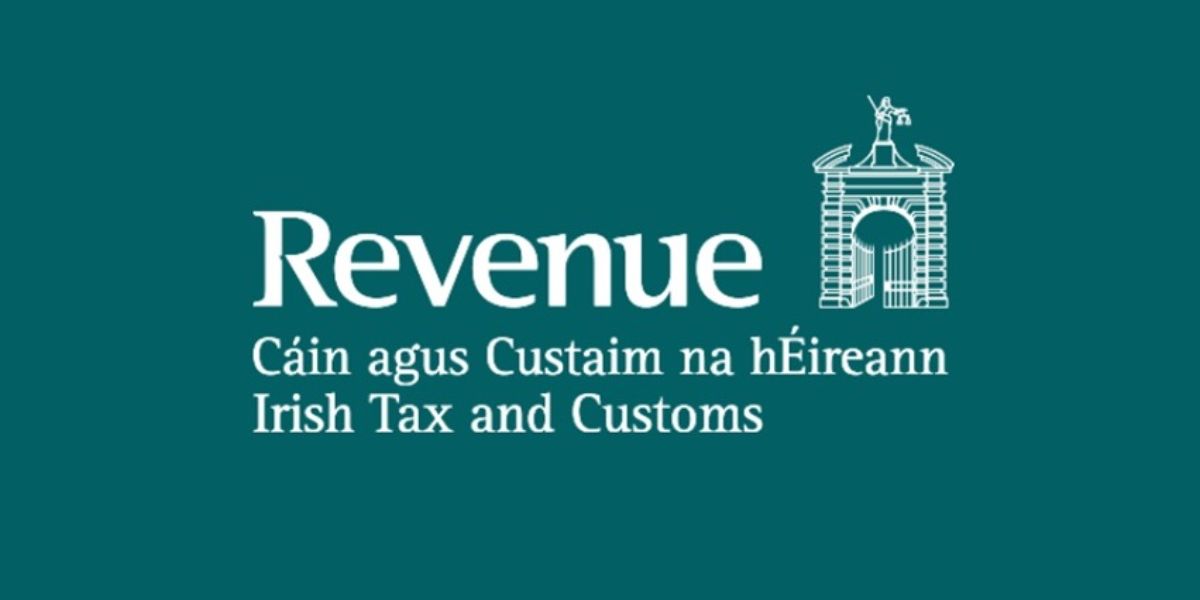The Irish Tax Appeals Commission published a determination regarding the deduction of withholding tax on received foreign dividends on 10 September 2024.
The particular issue that falls to be determined was whether foreign withholding taxes, incurred by the Appellant on dividend payments that it received as a consequence of its holding shares in foreign-based companies, constitute expenses that are deductible under the Taxes Consolidation Act (TCA) 1997 for the purpose of calculating its profits or gains chargeable to corporation tax.
The Appellant is an Irish resident special purpose company established to issue exchange traded securities. In doing so, it trades in financial instruments, including derivatives, equities, bonds, and futures, and is registered as a “qualifying company” under the TCA.
In the course of its trading in financial instruments, the Appellant opted to acquire and hold shares in foreign resident companies that were ‘cum-dividend’ (i.e., in respect of which a dividend was due to be paid out in the future). Over the periods at issue, the Appellant received dividend payments in respect of these shareholdings. The bulk of these payments arose from shareholdings in companies resident in the United States, although dividends were earned in a variety of countries.
The total sum of the dividends received by the Appellant over the relevant periods was USD 478,390. This constituted 4.5% of its overall trading income, gains and losses over that time
A major proportion of the dividend payments received by the Appellant over the periods at issue were the subject of dividend withholding tax (DWT), deducted at source in the country of residence of the company in which the Appellant held shares. The sum of the dividend payments received over the periods at issue that were subject to foreign DWT was USD 396,240.
In the case of those resident in the United States, the rate of withholding tax applied was 30%. The precise rate varied from country to country. The amount of DWT charged over the relevant periods in respect of dividends paid to the Appellant was EUR 44,932 for the period ending 29 August 2018 and EUR 44,508 for the period ending 28 February 2019.
In its corporation tax returns for the periods at issue, the Appellant deducted the DWT that it had paid on the foot of its receipt of dividends to calculate its taxable income. However, in so doing it included an expression of doubt as to whether the DWT that it had paid in respect of the dividends received constituted expenses “wholly and exclusively for the purposes of [its] trade”, which were deductible under section 81(2) of the TCA 1997.
In response, the Revenue Commissioners informed the Appellant of its view that the DWT that it had paid for the periods at issue did not constitute a deductible expense under the TCA, inter alia, on the grounds that it was not an expense laid out wholly and exclusively for the purpose of the Appellant’s trade. Subsequently, the Revenue Commissioners issued notices of amended assessment reflecting its refusal of the deduction, which was appealed.
In its determination, the Tax Appeals Commission found that the notices of amended assessment were in error based on the grounds that the Appellant’s claims for the deduction of DWT incurred in respect of dividend payments received should have been allowed. In coming to this conclusion, the Tax Appeals Commission notes, among other things, that if the Appellant wished to continue to conduct its trade, whereby it invested in foreign shares and received dividend payments, then it was compelled to suffer withholding tax on the gross amount of dividend payments received. As such, the DWT was paid for the purposes of its trade and should be deductible.
Further, the Tax Appeals Commission notes that its conclusions were reached considering the TCA in force during the periods at issue, without having regard to the amendments made to Section 81 by the Finance Act 2019, which generally apply from 1 January 2020.
There were two other submissions of significance made by the director of the Appellant. First, he pointed out that, on 1 January 2020, section 81(2) of the TCA 1997 was amended by section 20 of the Finance Act 2019, which inserted at “(p)” an exclusion on the deduction of “[…] any taxes on income”. This, he said, was a clear indication that prior to this legislative amendment taxes on income were deductible.
Secondly, the director of the Appellant pointed to written guidance issued by the Respondent, whereby it stated that Digital Services Taxes levied by other countries on income derived from the provision of digital services constituted a deductible expense. If such a tax could be deemed
deductible, he submitted that there was no reason why the same, in principle, could not be said of other types of tax.















